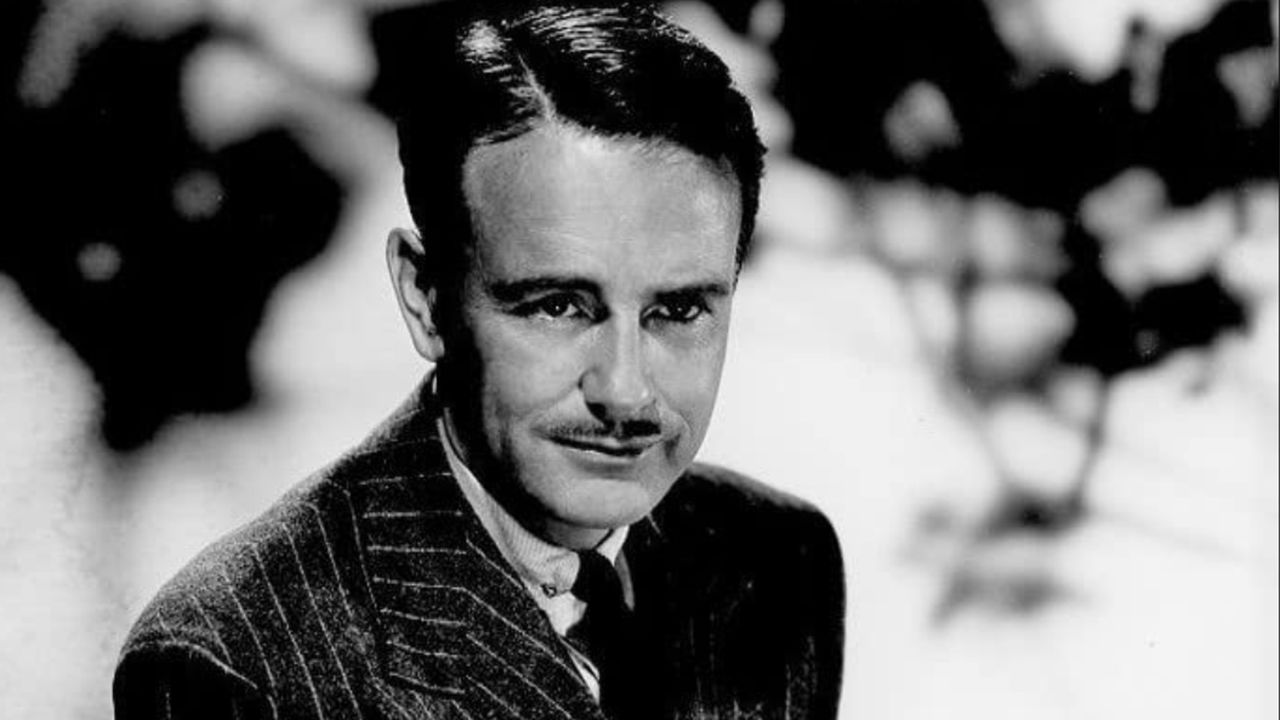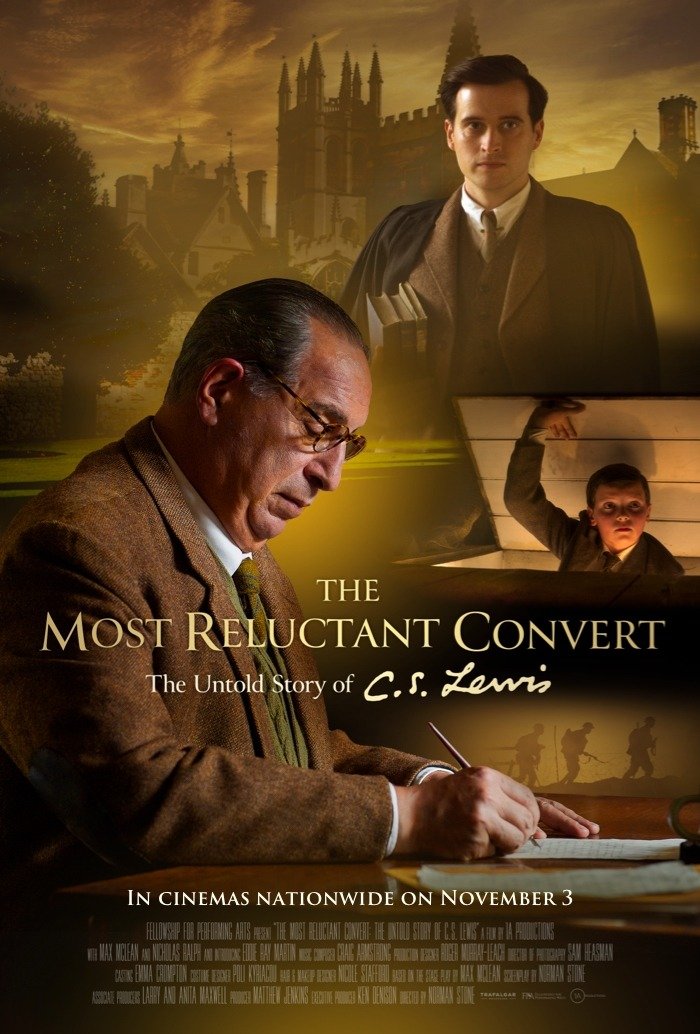
How Hollywood Actor and WWII Medic Lew Ayres Held Fast to God
By Movieguide® Staff
Note: This is part of our Faith in Hollywood series.
Lew Ayres, best known for his role in the 1930 classic ALL QUIET ON THE WESTERN FRONT, was not always celebrated in Hollywood.
The YOUNG DR. KILDARE did not make many friends when he became a conscientious objector during World War II due to his faith in the Bible and God.
The New York Times reported that “before the war, he [Ayres] had been one of the most popular leading men in the movies. But when he announced his pacifism, which had a religious basis, he was shunned by the studios, and in some cities exhibitors refused to show his movies. He said that to bear arms would cause him “to live in a nightmare of hypocrisy.'”
However, Ayres returned to Hollywood after serving three and a half years in the Medical Corps and winning three battle stars.
“I’ll always remember that form the government sent me,” Ayres told Richard Schneider in an interview from 1989. “It had two squares: the first to mark if I would accept military combat, the second if I had objections.”
“I wanted to save lives, not take them,” Ayres explained in his decision to check the second box.
But for Ayres, his decision was difficult and came after years of prayer.
“[It was like] picking up the biggest rock I ever found and throwing it through a window,” Ayres recalled.
As a private in the Medical Corps., Ayres was a part of three beachhead invasions in Hollandia, Leyte, and Luzon.
“We were in the landing craft heading for the beach,” Ayres recalled. “The tension had brought the men to a nervous silence until Lew announced, “Frankly, I always had a double for this sort of thing.”
Ayres often lifted his companion’s spirits with his attitude and jokes.
“There is a strange atmosphere at the front that you don’t experience any-where else,” Ayres said. “No longer are you in a competitive society with all its rivalry. Instead, there is a feeling of brotherhood. You find yourself quelling irritations and disagreements.
“I learned more about human nature at the front than anywhere else,” Ayres added. “Before the war I was never great for mixing with people. I thought I could find my answers in books. But fellowship among soldiers, with each man sharing his part of a common burden, is a wonderful thing to experience. Imagine what could be accomplished with such a singleness of purpose in the civilian world.”
Ayres’ faith was paramount in his life, and it led him to create Bible-story recordings that pointed people to God. Despite his life of service, he gave credit to God.
“I’ve learned what to pray for,” Ayres said. “For God’s presence in my life. That, I believe, is the only reality that sustains us.
“It’s like a long rope,” he continued. “Our relationship with God is like a long rope between Him and us, a rope that needs a firm grip on both ends. God is certainly holding on to His end. What counts is how tightly we hold on to ours.
“If we allow emotions like hate to come between God and us, then our own grip on the rope is weakened. But so long as we hold firm, there is practically nothing that we can’t accomplish.”
A portion of Movieguide®’s review of ALL QUIET ON THE WESTERN FRONT reads:
The 1929-1930 Academy Award movie ALL QUIET ON THE WESTERN FRONT tells the story of a young German soldier who enlists in the army during World War I, along with his friends, then loses each of them in battle. The movie is one of the most effective anti-war films ever made and is also one of the few American films to portray Germans in a sympathetic light. Watching this film is a poignant experience when one remembers that despite its power, it wasn’t able to do much to stave off the coming of the Second World War, and that the real cause of war is the very nature of man, and the real solution is the new nature which is only available through Jesus Christ.
Ayers died in 1996 at age 88 after more than 60 years in the industry.
According to The New York Times, it was often suggested that as an actor he sacrificed his career for his principles.
For similar stories, click here.
Questions or comments? Please write to us here.


 - Content:
- Content: 
